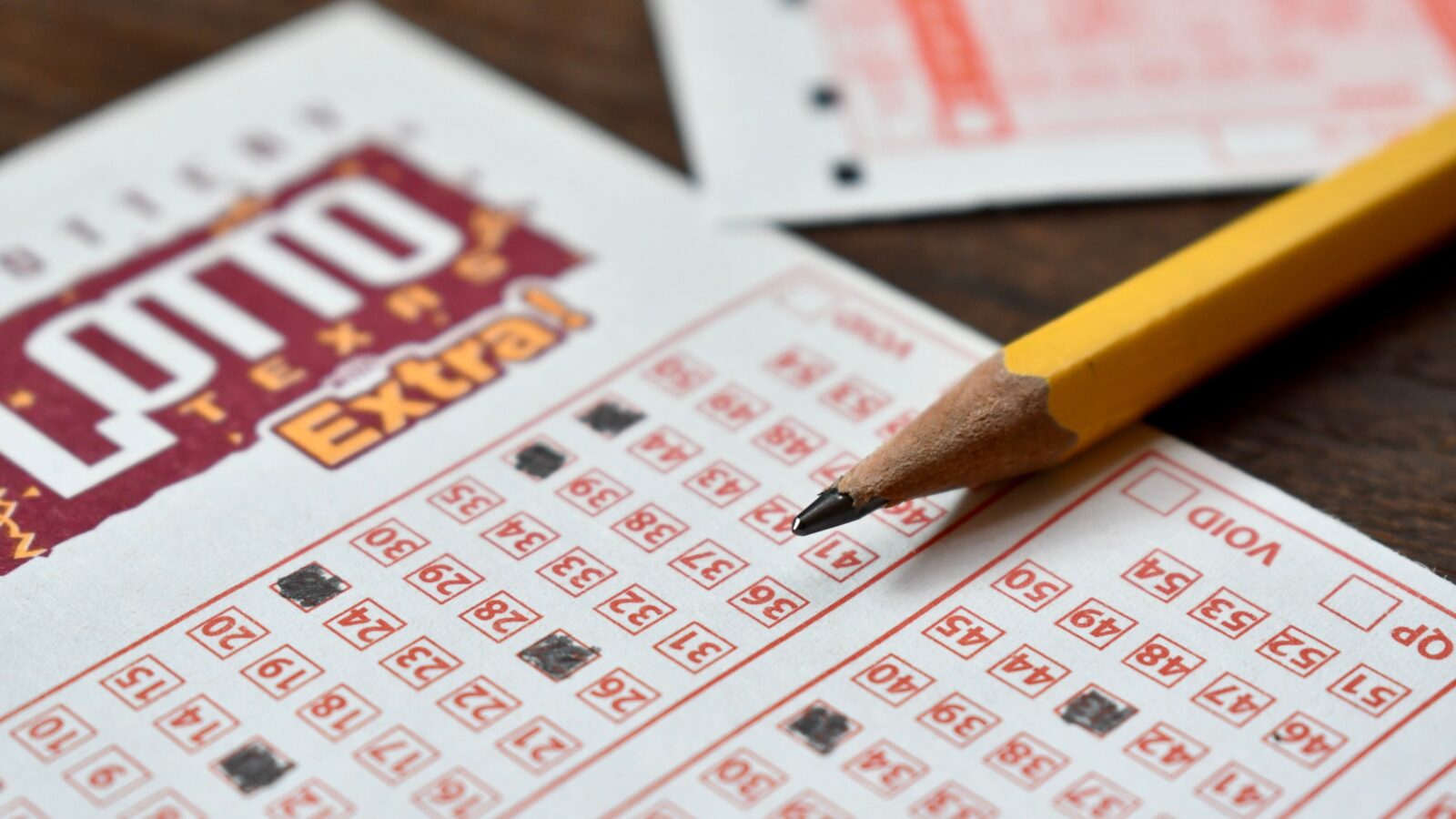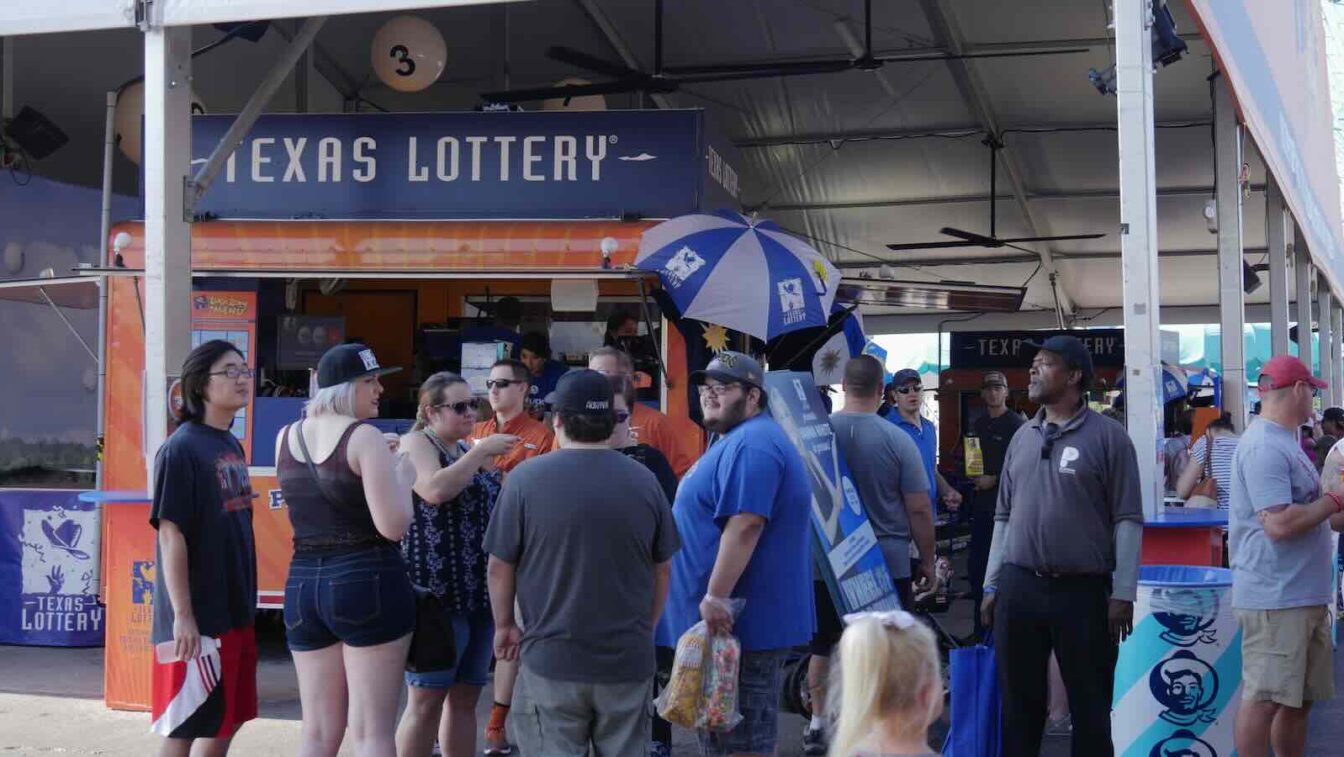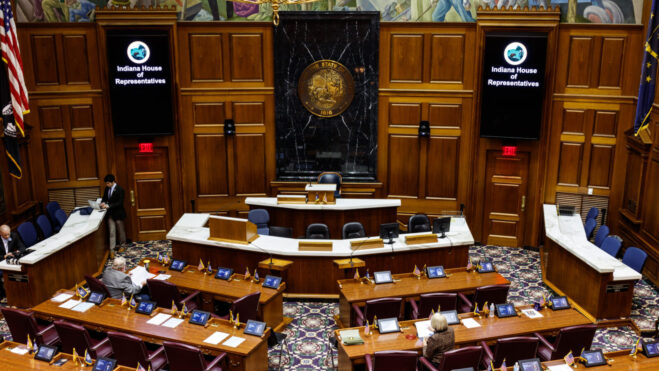Couriers Stating Their Case As Texas Lottery Considers Banning Them
Attorney: There’s no ‘justification for taking this drastic step of banning a lawful practice’
4 min

The anonymous woman who purchased an $83.5 million jackpot-winning ticket for the Texas Lotto in February isn’t the only one caught in a “political tornado of controversy.” The entire lottery courier sector has been swept up in the political storm as well, with their rights to operate in the Lone Star State hanging in the balance.
Last Thursday morning, the Texas Lottery Commission held a public hearing in Austin regarding the proposal to effectively ban courier services in the state by way of revoking the lottery sales licenses of retailers that knowingly work with couriers.
The proceedings lasted a mere 14 minutes, with one party on each side of the debate making a statement and neither receiving any questions.
Paul Hardin, the president and CEO of the Texas Food and Fuel Association (TFFA), which represents convenience stores, travel centers, and gas stations throughout Texas, said, “TFFA supports the proposed rules to revoke a retailer’s license for knowingly working with or enabling a lottery ticket courier service to conduct sales online or by phone. I think we can all agree that was the original legislative intent, and that’s what we would like to see it back to. Online lottery ticket courier services and the retailers they partner with present a significant risk to the integrity and trusted reputation that the lottery commission has built. If consumers lose confidence, then they might move away from lottery purchases altogether.”
Rob Porter, the chief legal counsel for Lotto.com and a representative of the Coalition of Texas Lottery Couriers — which includes Lotto.com, Jackpocket, and Jackpot.com — offered the opposing viewpoint.
“These are responsible couriers that have collectively operated with integrity and transparency for years,” Porter said, “both in the state of Texas and in roughly one in every three lottery jurisdictions across the country. … There’s certainly not a justification for taking this drastic step of banning a lawful practice, one that has been recognized to be lawful for a period of several years.”
Backlash to the backlash
Two separate massive Texas Lotto jackpots that were won nearly two years apart combined to create this firestorm.
The more recent case centers around the anonymous woman quoted above, who for now is being denied her $83.5 million payday as investigations continue. She ordered her ticket via the Jackpocket app, and then a representative of Jackpocket made the retail purchase on her behalf at Winners Corner in Austin, a store owned by Jackpocket. Texas Lt. Gov. Dan Patrick launched an informal personal investigation via cellphone camera the next day, suggesting it is at least a bad look for the courier company to own the store where it buys and sells the lottery tickets.
In April 2023, a $95 million jackpot was claimed by a group accused of buying every possible number combination because the progressive grand prize had swollen to a point where it was mathematically correct to do so.
That win, which the politicians in Texas have lumped together with the February 2025 jackpot, had no connection to couriers, Porter insisted.
“I’m fully aware of the bulk purchase controversy in April 2023,” he said. “And I won’t get into that in detail because it’s not necessary. The responsible couriers simply weren’t involved. Those tickets were purchased at retail. No responsible courier was involved. We had nothing to do with it. We oppose any effort to try and buy out a jackpot. We opposed it then, we oppose it now.”
Lotto.com CEO Thomas Metzger spoke separately to Lottery Geeks last week, and addressed courier companies’ place in the lottery ticket ecosystem.
“We’re very cognizant of the fact that retail is the lifeblood of the lottery, and so our business model is not to be a disruptor. It’s not to take a player who enjoys going to the store every morning and getting his cup of coffee and a Pick 3 ticket and convert that customer to a Lotto.com customer. Quite the contrary,” Metzger said. “Our business model is bringing in new players to the lottery. We very much view our customers as being younger, more affluent, and certainly digitally native. We always equate ourselves to the Uber Eats model. We’re bringing in new players who don’t currently play the lottery, and we’ve seen sales continue to grow at retail in every market in which we operate.”
Please, regulate me
Metzger and Porter both emphasized that Lotto.com and the others in the courier coalition would prefer to be regulated in the states in which they operate.
“We have been asking for regulations for years in every jurisdiction that we operate,” Porter said at Thursday’s meeting. “We would continue to ask for that here as well.”
Elaborated Metzger: “There are only two states in the country that have an official lottery courier license. Those states are New York and New Jersey, and they have about 80 pages of regulations each. Those 80 pages of regulations, we follow in every state or jurisdiction in which we operate. So we do believe that those controls that New York and New Jersey put in are best practices and that it’s in the best interests of both us and our customers for us to follow those best practices across the country, no matter what.
“We’ve been operating in Texas since 2022, and our diligence process I described before means we wouldn’t have gone in there if it wasn’t with open arms,” he continued. “We’ve been advocating for regulations there for years, and we strongly believe that the path forward for lottery couriers nationwide is to have a set of regulations and only allow responsible couriers to operate in your state.”
Metzger continued by revealing that two states are going to be releasing lottery courier regulations in the next few weeks, although he could not publicly say which two states those are. One presumes, however, that neither of them is Texas.
The Texas Lottery Commission is currently accepting written comments on its courier-related proposal, which must be submitted by April 22. The next open meeting is scheduled for April 29, and Bob Biard, the general counsel for the TLC, said the proposal will be brought to the commission board for action at that meeting.
In the meantime, Porter is making his case.
“I’ve noticed in your fiscal note,” Porter said to the commission last week, “that there was, quote, ‘no anticipated significant financial impact for state or local governments as a result of the proposed amendments.’ I would respectfully disagree. Collectively, couriers contribute in excess of $100 million of Texas Lottery sales today that will continue in the future. If this ban is put into place, the state stands to lose hundreds of millions of dollars of funds, education funds that the state relies on, both today and into the future.
“Texas takes pride for being wide open for business. And we have real concerns that this rule would slam the door shut on responsible courier companies. It’s not the right approach.”









